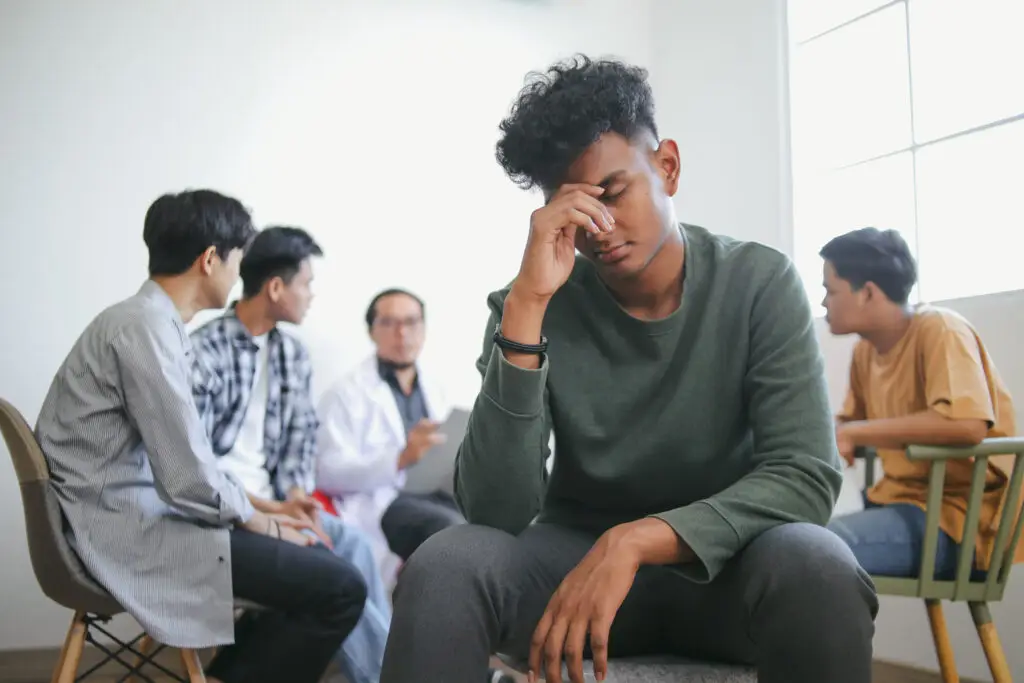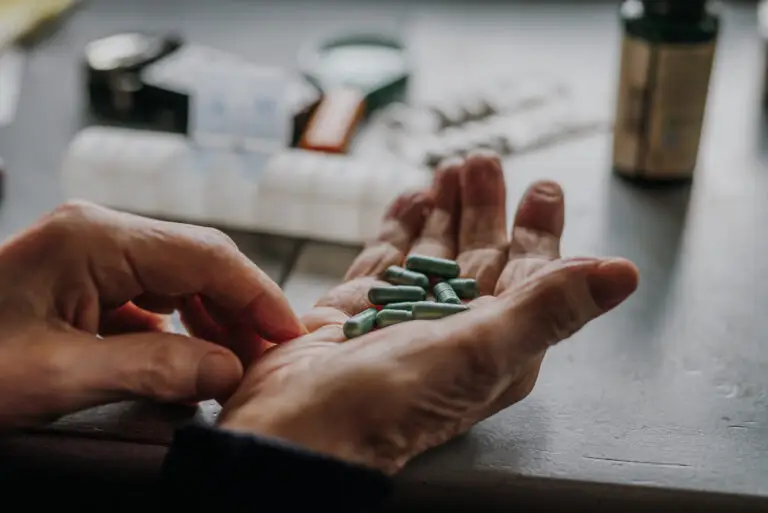Imagine a healthcare experience where you have direct access to your doctor, unhurried appointments, and a plan tailored specifically for you. This is the promise of concierge medicine — a modern model transforming how care is delivered.
Mental Health and Distress: Compassionate, Individualized Care
Emotional well-being is just as important as physical health — especially in older adults navigating life’s unique changes and challenges.

Understanding Mental Health in Aging Adults
Isolation

Isolation
Loss

Loss
Change

Change



Personalized Mental Health Plans
Dr. Raj Buddhavarapu provides holistic, personalized care that supports emotional well-being and cognitive function. His treatment plans address both emotional and physical aspects of mental health, tailored to the needs of older adults.
Step
Comprehensive mental health assessment
Step
Collaborative care
Step
Gentle, integrative therapies
Step
Ongoing check-ins

Recognizing
Early Signs
- Withdrawal from family, friends, or activities
- Difficulty concentrating or making decisions
- Changes in sleep or appetite Irritability, worry, or sadness
- Physical complaints without clear cause
Compassionate Support for Peace of Mind
Don’t navigate mental health challenges alone. Contact Dr. Raj Buddhavarapu for expert guidance and personalized dementia or mental health care.
Your Questions About Geriatric Mental Health — Answered
Isn’t sadness just part of aging?
No — persistent sadness or anxiety is not a normal part of aging and deserves attention.
Will my loved one be prescribed medications right away?
Not necessarily. Dr. Raj Buddhavarapu explores all options, including non-drug therapies, before recommending medication.
How can families be involved?
Family members are welcome partners in care, helping to create a supportive environment.
Can mental health treatment really help someone in their 70s, 80s, or beyond?
Absolutely. Older adults can experience significant improvements in mood, function, and quality of life.
What makes Dr. Raj Buddhavarapu's approach different?
He combines deep medical expertise with compassion and whole-person care, focusing on what truly matters to the patient.
Related Posts
Phantom limb pain affects up to 80% of amputees, turning loss into ongoing suffering. But today, science and integrative care provide new hope.
Chronic pain can feel like a prison — but for many, the key out has long been opioids. Yet, what started as relief often spirals into dependence, side effects, and diminishing returns. Today, the medical community is focused on opioid-sparing strategies — approaches that manage pain while minimizing reliance on narcotics. Let’s explore why this shift matters, and how integrative, patient-centered care can offer a safer path.



